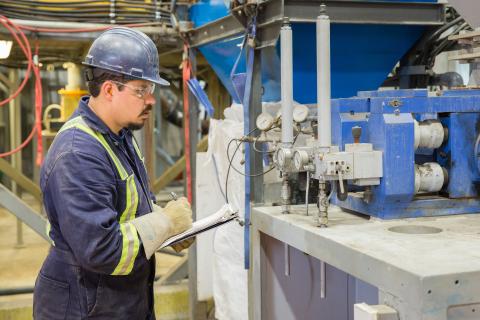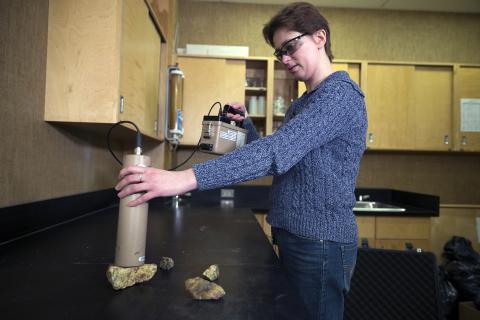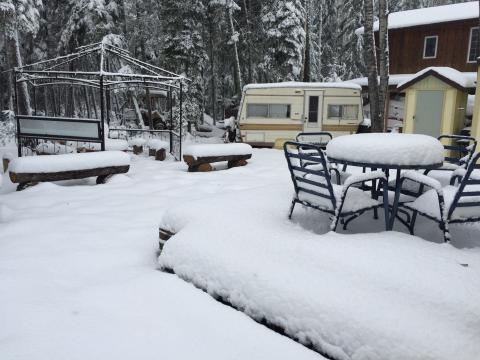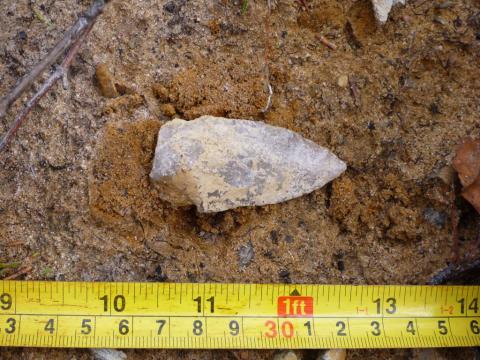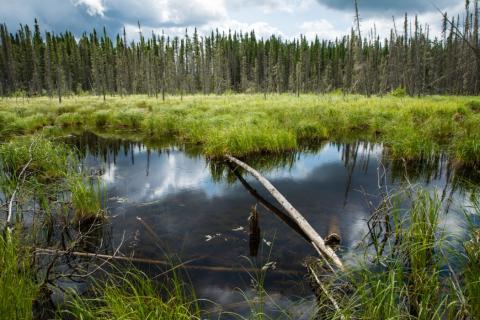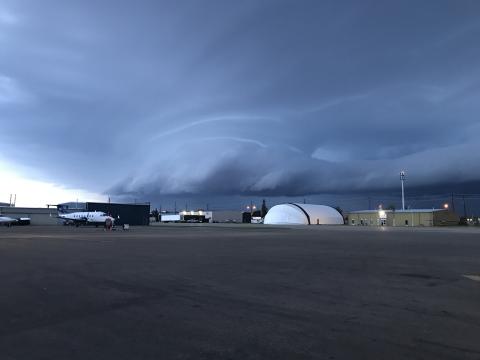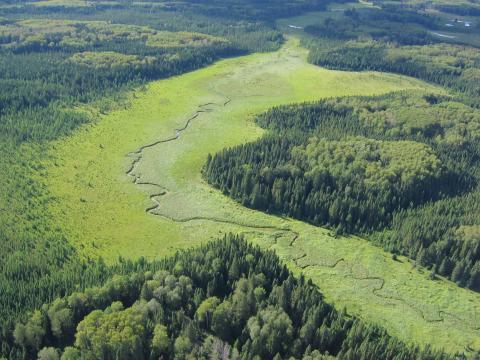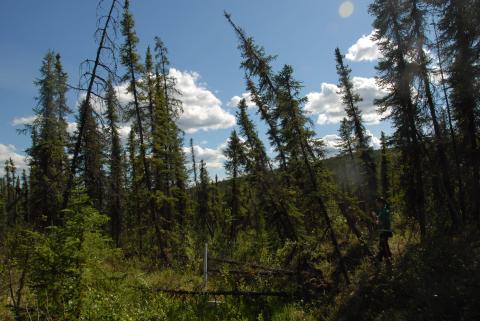When a mine operation evaluates how well its plant is performing, it’s important they have reliable, accurate data to compare the present to the past. A plant audit can provide clarity about how a plant is performing as a whole to help improve recovery rates. Learn more.
We’re counting down the most-read stories published on our site in 2018. These are the projects and people that really stood out for our readers. In a time when there’s a lot of good content being shared, we’re thrilled that you’ve come here to be inspired and entertained.
Need to buy a gift for the science buff in your life? Look no more - we have nine fun gift ideas for a wide range of budgets and interests.
We’re fortunate that many women in STEM careers have chosen to work here – scientists, engineers, researchers, technologists. Learn how five women at SRC came to be in a STEM career and what and who inspired them - and continues to inspire them - to stick with it.
Old Man Winter has arrived in Saskatchewan and he's brought suitcases full of snow. It's important to be prepared for extreme winter weather events, like blizzards and extreme cold. The more we can anticipate and plan for these events, the more we can reduce their impacts and risks on us.
Archeologists are uncovering hundreds of artifacts in Saskatchewan every year. When there's a risk of development impacting heritage resources, a screening process determines whether or not an impact assessment is required. Find out how a projectile point was discovered at an abandoned mine site.
Most people might be surprised to know that wetlands are hot spots of biodiversity in a forested landscape. They’re also a huge reservoir of carbon. And it’s important to conserve wetlands to maintain that carbon in the ground.
Extreme summer weather can have significant impacts our economy, society and environment. We’re talking about hail, tornadoes, plow winds, no rain, hot temperatures - all of which can lead to flooding, drought, insects, diseases and forest fires. It’s important to prepare for these types of weather events, so we can reduce the impacts and become more adaptable.
We know that wetlands, both in Canada and globally, store huge amounts of carbon. While we understand it’s important to store carbon, reduce CO2 emissions and mitigate climate change, we’re also aware that we need a greater understanding of how best to measure the carbon stored in wetlands.
Canada’s massive expanse of boreal forest – three million square kilometers – is undergoing a serious transformation due to climate change. A group of Canadian forest scientists is investigating the impacts and published its findings.
